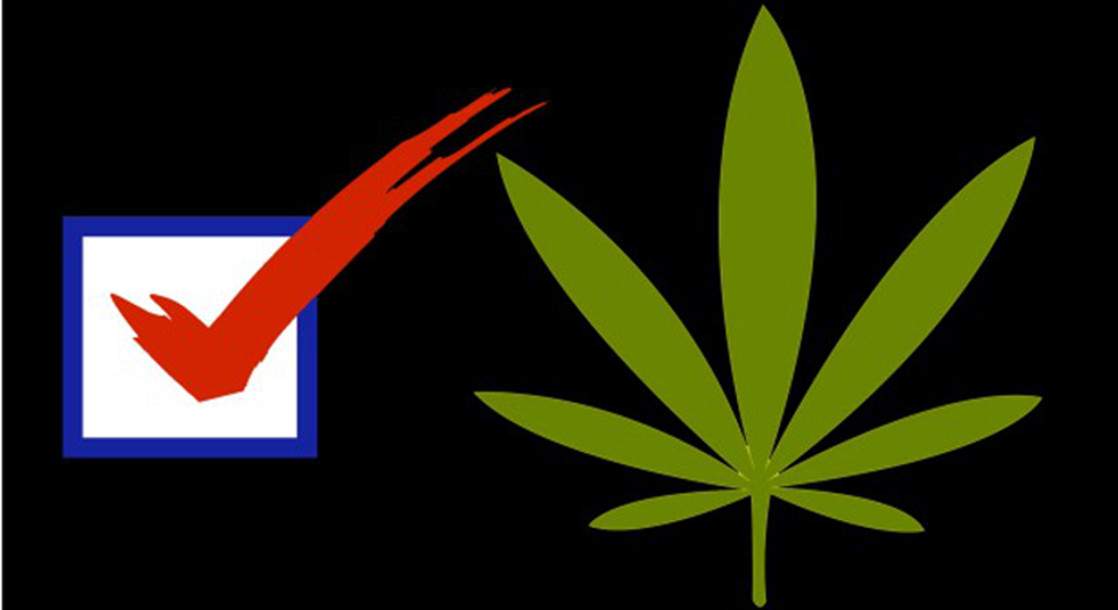This week, the Ontario government confirmed the final regulations for legal cannabis sales, officially announcing its decision to allow private businesses to handle reefer retail, a move which had been rumored for weeks now. The new regulations do come with a surprise, however, as these stores will not be able to open their doors until April 1st, 2019. Until that time, the only source for legal weed will be the government-operated Ontario Cannabis Store (OCS) website, which will begin sales on October 17th, the day that cannabis officially becomes legal in the Great White North.
Although the Canadian federal government has established a number of regulations controlling the sale of legal weed, many of the fine details of how and where pot can be sold are up to the governments of individual provinces. Last year, many provinces, including Ontario, announced that they would only allow cannabis sales via government-owned establishments. But this June, Ontario residents voted the Progressive Conservative Party into the majority seat in the province's Parliament, and new Premier Doug Ford decided to shake up Ontario’s plans for legal weed sales.
Ontario's former plan to create 40 physical government-owned marijuana retailers in the first year of sales has now officially been scrapped. At a press conference held this Monday, Finance Minister Vic Fedeli explained that “the government of Ontario will not be in the business of running physical cannabis stores. Instead, we will work with private sector businesses to build a safe, reliable retail system that will divert sales away from the illegal market,” the Toronto Star reports.
Ontario Attorney General Caroline Mulroney told the press that these new stores will be “tightly regulated,” but the government will need time to draft these regulations and license these private stores. Following this, these brick-and-mortar shops must build out their physical locations, hire staff, and source their products. The government has delayed the rollout of in-person cannabis sales until April 1st to give themselves, and business owners, time to complete the process.
Some industry members have criticized the government's delay, but others have welcomed the extra time to get their businesses off the ground. “Pushing the launch date from October to next April for bricks-and-mortar cannabis retailers was the right call, in our view,” Ed Collins of consulting firm Cannabis Compliance Inc. said to the Star. “It gives extra time for private retailers to get ready while giving the government time for its regulatory due diligence. We know there’s going to be a massive flood of individuals wanting to get into the private marketplace in Ontario, and this timetable lets that unfold at a reasonable pace.”
“April 1 seems to be a long way away, but I think you’ll find on April 1 at least double the number of stores you would have seen under the previous government’s proposed public system,” Cannabis Compliance vice president Deepak Anand said to Marijuana Business Daily. The increase in the total number of stores will swell the supply of weed to potential buyers, which government officials hope will cut down on black market sales.
At the press conference, Fedeli stated that Ontario doesn't “want to do business with people running an illegal business,” the Star reports. The finance minister explained that there would be a zero-tolerance policy for private stores who diverted legal weed to the black market. Additionally, stores that sell to anyone under the age of 19 are at risk of being closed permanently. “If a private retailer is caught selling cannabis to any underage buyer even once, their license is done,” he said, according to Reuters.
Officials have not announced the total number of licenses that the government will make available to private retailers, but these details will be forthcoming. Next week, government officials will hold consultations with industry leaders, municipal officials, and local law enforcement to begin discussing the regulations for these new stores. The OCS will remain in charge of wholesaling product to these new private establishments, keeping the supply of legal weed under government control.











